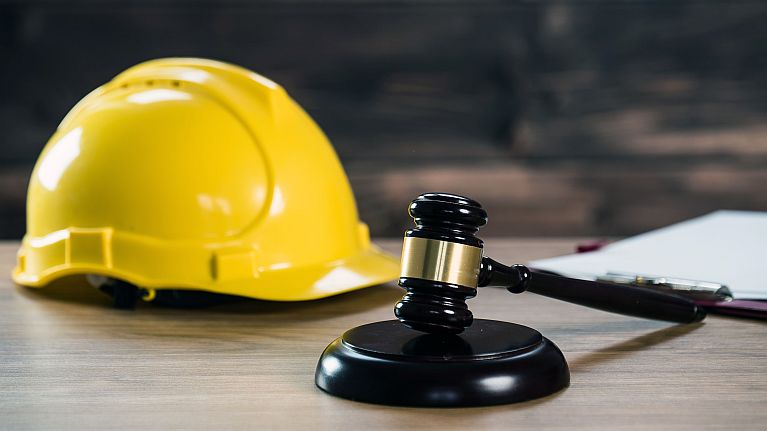Title: RS v. MB
CRL.M.C. 4349/2023 & CRL.M.A. 16345/2023
Decision delivered on:07.06.2023
CORAM: HON’BLE MR. JUSTICE GIRISH KATHPALIA
Introduction
The Delhi High Court has noted that a revisional court cannot make a broad direction of paying the whole maintenance sum by ignoring the facts and circumstances of the case when deciding whether to issue a stay of an interim maintenance decision made under section 125 of CrPC. A vacation bench presided over by Justice Girish Kathpalia stated, “While exercising the revisional scrutiny of a temporary maintenance order slipped in legal proceedings under Section 125 CrPC, the revisional court for yet an additional purpose may not impose as a prerequisite to granting of stay on the implementation of the assailed interim repair order, such general rider of deposit of the full amount of granted maintenance ignoring the overall circumstances of the case.”
Facts of the Case
A husband’s motion to appeal the trial court’s denial of his request to stay the indefinite maintenance order was being heard. The lower court made its decision based primarily on the High Court’s directives in Rajeev Preenja v. Sarika.
In the case, the judge ruled that the Magistrate should not hear a husband’s appeal of an interim maintenance order in favour of his wife until the “entire amount of the interim maintenance due under the order of the learned MM up to the time of filing the revision petition is first deposited in the court of the learned ASJ.””
Justice Kathpalia pointed out that a subsequent case, Brijesh Kumar Gupta vs. Shikha Gupta, saw a single judge rule that the trial court’s order for maintenance payments must be paid in full before the statutory appeal could be heard.
Courts analysis and Judgement
The court emphasised that the Court of Sessions and the High Court have suo motu powers according to Section 397 of the Criminal Procedure Code, and that these powers come with a “attendant duty” to use them when necessary to achieve the goals of justice.
The court made clear, however, that it refrained from deciding whether an interim maintenance judgement was subject to a stay pending appeal. This matter must be reviewed by the learned Additional Sessions Judge considering the particular facts and circumstances of this case, as well as the existing body of law. The appeal was granted, and the case was sent back to the Additional Sessions Judge so that he or she may reconsider whether the magisterial court’s interim maintenance order should have been delayed until the outcome of the appeal.
Judgment- click here to review the judgment
“PRIME LEGAL is a full-service law firm that has won a National Award and has more than 20 years of experience in an array of sectors and practice areas. Prime legal fall into a category of best law firm, best lawyer, best family lawyer, best divorce lawyer, best divorce law firm, best criminal lawyer, best criminal law firm, best consumer lawyer, best civil lawyer.”
Written by- Anushka Satwani


